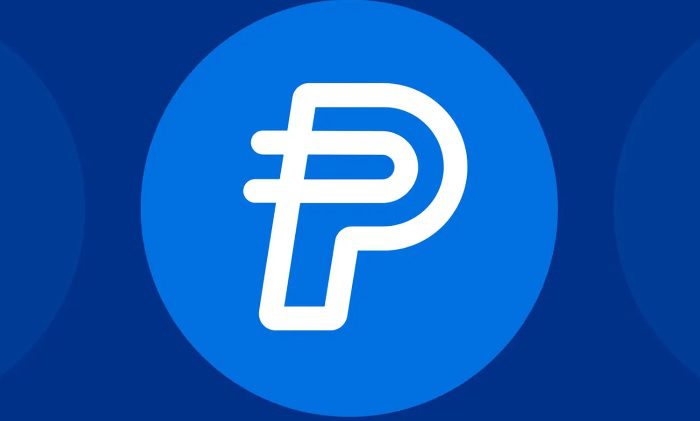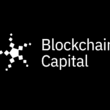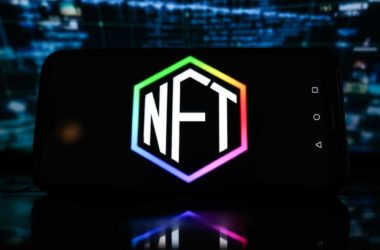Quick take:
- William Quigley thinks PayPal’s entry into the stablecoins space won’t be disruptive.
- The Tether co-founder thinks the payment giant is driven by the desire to “save trillions of dollars on multi-currency transactions.”
- PayPal’s stablecoin PYUSD joins Circle’s USDC and Tether’s USDT, which is by far the most liquid token pegged to the USD.
William Quigley, the co-founder of Tether doubts PayPal’s ability to disrupt the stablecoin space. Speaking to CoinDesk, the stablecoin pioneer, who was also an early investor in PayPal said the payments giant’s ambitions for stablecoins are driven by the desire to “save trillions of dollars on multi-currency transactions.”
“I don’t think much innovation will come from PayPal,” Quigley told CoinDesk. “I think PayPal will see this principally as a cost saving. They may or may not pass on a portion of that to their end users.”
Fiat currency transfers are expensive, especially when making international payments where multiple intermediaries are involved. And Quigley thinks PayPal may be looking to capitalise on the efficiency and cost-effectiveness that can be achieved when using a decentralised network, like the blockchain.
His statement comes following PayPal’s entry into the stablecoins space with PayPal USD (PYUSD). The online payments company is doubling down on its foray into the crypto space after adding crypto payments to its platform.
PayPal account holders are able to complete qualifying payments using crypto during checkout, a feature first introduced in March 2021. In June last year, PayPal activated the feature that allows US account holders to send, receive and transfer Bitcoin, Ethereum, Bitcoin Cash, and Litecoin.
With more than 435 million active account holders as of 2023, PayPal has the potential to become a major force in the stablecoin space with PYUSD. Quigley believes PayPal could create its own exchange network, connected through banks spread across the world.
According to Quigley, “creating a stablecoin involves PayPal buying a basket of currencies and holding these yen, euros, rupees, won and so on in banks across the world,” CoinDesk reported.
“There are no financial intermediaries anymore – just PayPal. There is no third-party FX intermediary taking margin because real currency is not being swapped. It’s just one token being exchanged for another. There’s no FX or interchange fee,” said Quigley.
****
Stay up to date:
Subscribe to our newsletter using this link – we won’t spam!





